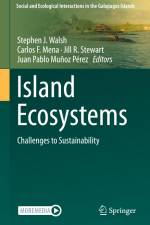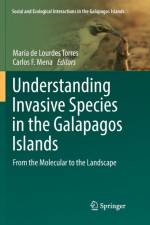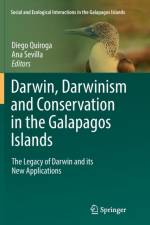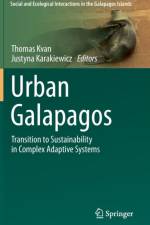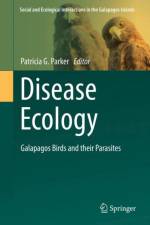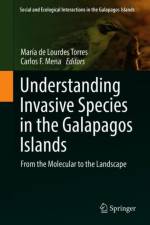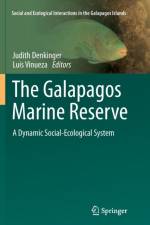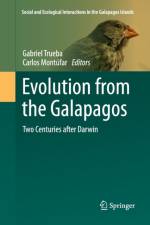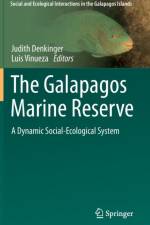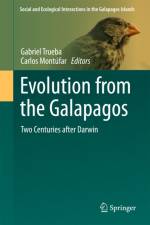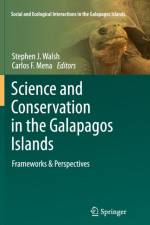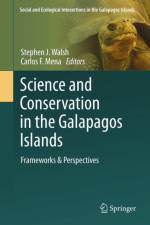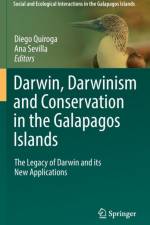von Stephen J. Walsh
140,00 €
Sustainable development is a process to improve the quality of life of people, while maintaining the ability of social¿ecological systems to continue to provide valuable ecological services that social systems require. In the Galapagos Islands, the maintenance of amenity resources to support tourism and the quality of life of residents is explicitly linked to ecosystem goods and services, particularly, the accessibility to high-quality natural environments and the terrestrial and marine visitation sites that showcase iconic species.On June 26-30, 2022, the Galapagos Science Center celebrated its 10-Year Anniversary. As the crowning event of the anniversary celebration, the World Summit on Island Sustainability was held on San Cristobal Island, Galapagos Archipelago of Ecuador. The intent of the World Summit was to bring together leading experts on island ecosystems and, particularly, on island sustainability from across the globe to represent a diversity of perspectives, approaches, and stakeholder groups. The World Summit was an exclusive event that featured an ¿expert convening¿ of scholars and practitioners to address the social, terrestrial, and marine sub-systems of the Galapagos Islands and other similarly challenged island ecosystems from around the globe. The World Summit attracted 150 scientists to the Galapagos Islands to discuss projects conducted, for instance, in the Galapagos Islands, Hawaii, Guam, French Polynesia, Chile, Australia, and the Caribbean Islands. Island vulnerability, resilience, and sustainability were examined by scholars, for instance, from the University of North Carolina at Chapel Hill, Universidad San Francisco de Quito, Catholic University of Chile, University of Guam, James Cook University, University of the Sunshine Coast, North Carolina State University, North Carolina Museum of Natural Sciences, California Academy of Sciences, University of San Francisco, and the University of South Alabama aswell as affiliated scientists from Exeter University, University of Edinburgh, University of Southampton, and the Galapagos National Park. The World Summit also included scholars from Re:wild, World Wildlife Fund, EarthEcho, and the East-West Center, Hawaii.


